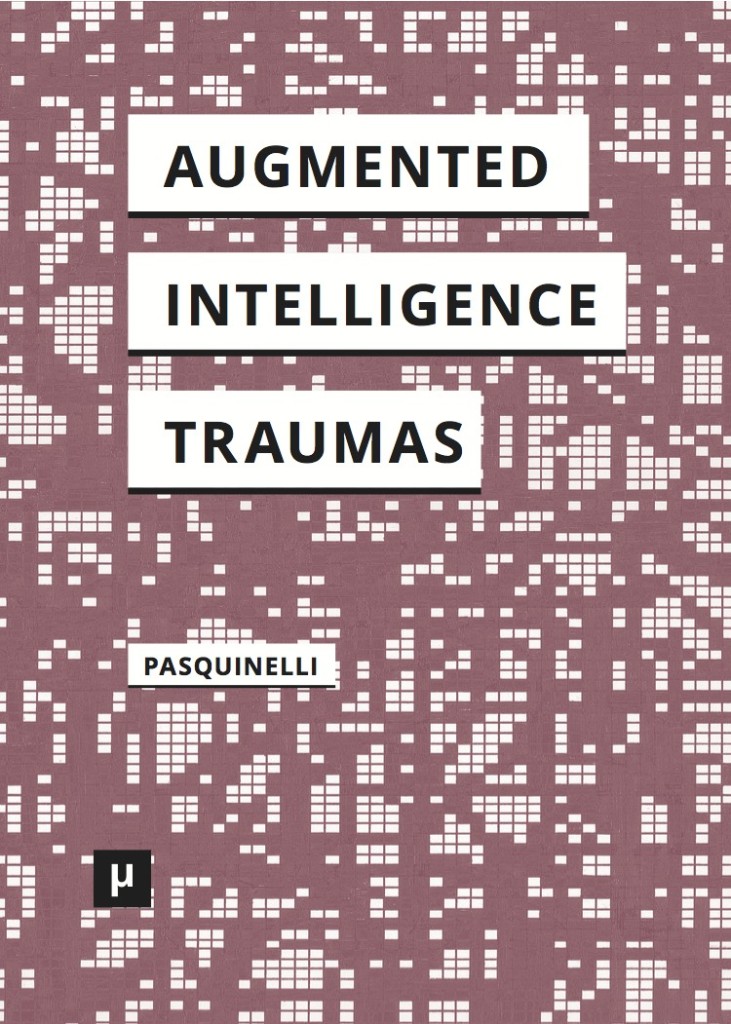Il libro Alleys of Your Mind: Augmented Intelligence and Its Traumas di Matteo Pasquinelli è pubblicato da Meson Press Eg
Open Access anthology edited by Matteo Pasquinelli for Meson Press, Leuphana University Lüneburg. With texts by Benjamin Bratton, Orit Halpern, Adrian Lahoud, Jon Lindblom, Catherine Malabou, Reza Negarestani, Luciana Parisi, Ana Teixeira Pinto, Michael Wheeler, Charles Wolfe and Ben Woodard. Dutch edition forthcoming for Leesmagaziijn, Amsterdam.

One day, it will not be arbitrary to reframe twentieth century thought and its intelligent machines as a quest for the positive definition of error, abnormality, trauma, and catastrophe—a set of concepts that need to be understood in their cognitive, technological and political composition. It may be surprising for some to find out that Foucault’s history of biopower and technologies of the self share common roots with cybernetics and its early error friendly universal machines. Or to learn that the desiring machines, which “continually break down as they run, and in fact run only when they are not functioning properly” (Deleuze and Guattari), were in fact echoing research on war traumas and brain plasticity from the First World War. Across the history of computation (from early cybernetics to artificial intelligence and current algorithmic capitalism) both mainstream technology and critical responses to it have shared a common belief in the determinism and positivism of the instrumental or technological rationality, to use the formulations of the Frankfurt School. Conversely, the aim of this anthology is to rediscover the role of error, trauma and catastrophe in the design of intelligent machines and the theory of augmented cognition. These are timely and urgent issues: the media hype of singularity occurring for artificial intelligence appears just to fodder a pedestrian catastrophism without providing a basic epistemic model to frame such an “intelligence explosion”.

